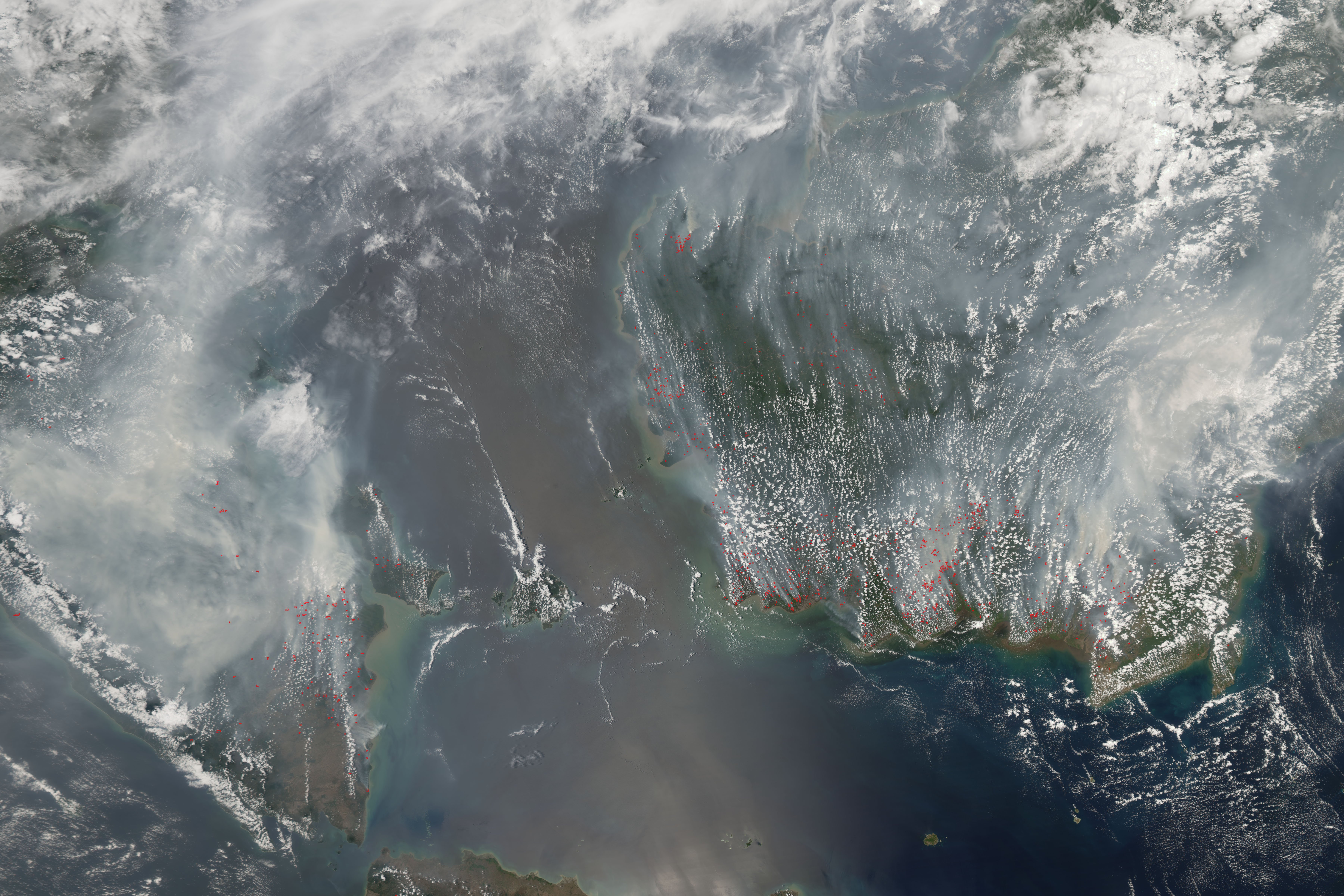|
Wola People
The Wola people are an indigenous group of the Southern Highlands Province of Papua New Guinea. They live in five valleys northeast of Lake Kutubu. The Wola are sedentary and practice swidden agriculture. Their main staple is sweet potato; lesser staples are bananas and taro. The Wola speak a variety of Mendi Mendi, Papua New Guinea, is the provincial capital of the Southern Highlands Province. The Lai River flows by the town. It is served by Mendi Airport. The town falls under Mendi Urban LLG. Geography The town is located in the Mendi River V .... Many Wola people are Christian, while also following traditional beliefs. References {{authority control Ethnic groups in Papua New Guinea ... [...More Info...] [...Related Items...] OR: [Wikipedia] [Google] [Baidu] |
Southern Highlands Province
Southern Highlands is a province in Papua New Guinea. Its provincial capital is the town of Mendi. According to Papua New Guinea's national 2011 census, the total population of Southern Highlands (after the separation of Hela Province) is 515,511 spread across . Ethnic groups Before the split there were two major ethnic groups, the Huli people and the Angal speakers. Today the majority of the population in Southern Highlands is made up of Angal or Angal Heneng speakers. They occupy the three provinces of Southern Highlands (Nipa, Mendi, Lai Valley, Imbongu (lower Mendi)), Hela (Magarima) and Enga (parts of Kandep). Split to create Hela Province In July 2009, Parliament passed legislation to create two new provinces by 2012. One of these was to be created by removing the districts of Tari-Pori, Komo-Magarima, and Koroba-Kopiago from the Southern Highlands Province to form the new Hela Province. Hela Province officially came into being on 17 May 2012. Regions After the split of H ... [...More Info...] [...Related Items...] OR: [Wikipedia] [Google] [Baidu] |
Papua New Guinea
Papua New Guinea (abbreviated PNG; , ; tpi, Papua Niugini; ho, Papua Niu Gini), officially the Independent State of Papua New Guinea ( tpi, Independen Stet bilong Papua Niugini; ho, Independen Stet bilong Papua Niu Gini), is a country in Oceania that comprises the eastern half of the island of New Guinea and its offshore islands in Melanesia (a region of the southwestern Pacific Ocean north of Australia). Its capital, located along its southeastern coast, is Port Moresby. The country is the world's third largest island country, with an area of . At the national level, after being ruled by three external powers since 1884, including nearly 60 years of Australian administration starting during World War I, Papua New Guinea established its sovereignty in 1975. It became an independent Commonwealth realm in 1975 with Elizabeth II as its queen. It also became a member of the Commonwealth of Nations in its own right. There are 839 known languages of Papua New Guinea, one of ... [...More Info...] [...Related Items...] OR: [Wikipedia] [Google] [Baidu] |
Lake Kutubu
Lake Kutubu is the second-largest lake in Papua New Guinea,Lake Kutubu at Ramsar site after Lake Murray, and, at 800 m above sea level, the largest upland body of water,Pilot and Demonstration Activities: Integrated Catchment Management in Lake Kutubu, Papua New Guinea at website with an area of 49.24 ... [...More Info...] [...Related Items...] OR: [Wikipedia] [Google] [Baidu] |
Shifting Cultivation
Shifting cultivation is an agricultural system in which plots of land are cultivated temporarily, then abandoned while post-disturbance fallow vegetation is allowed to freely grow while the cultivator moves on to another plot. The period of cultivation is usually terminated when the soil shows signs of exhaustion or, more commonly, when the field is overrun by weeds. The period of time during which the field is cultivated is usually shorter than the period over which the land is allowed to regenerate by lying fallow. This technique is often used in LEDCs (Less Economically Developed Countries) or LICs (Low Income Countries). In some areas, cultivators use a practice of slash-and-burn as one element of their farming cycle. Others employ land clearing without any burning, and some cultivators are purely migratory and do not use any cyclical method on a given plot. Sometimes no slashing at all is needed where regrowth is purely of grasses, an outcome not uncommon when soils are ... [...More Info...] [...Related Items...] OR: [Wikipedia] [Google] [Baidu] |
Angal Language
Angal, or Mendi, is an Engan language complex of the Southern Highlands province of Papua New Guinea. Mendi has a pandanus language used during karuka The karuka (''Pandanus julianettii'', also called karuka nut and ''Pandanus'' nut) is a species of tree in the family Pandanaceae and an important regional food crop in New Guinea. The nuts are more nutritious than coconuts, and are so popul ... harvest. References Engan languages Languages of Southern Highlands Province Pandanus avoidance registers {{papuan-lang-stub ... [...More Info...] [...Related Items...] OR: [Wikipedia] [Google] [Baidu] |
